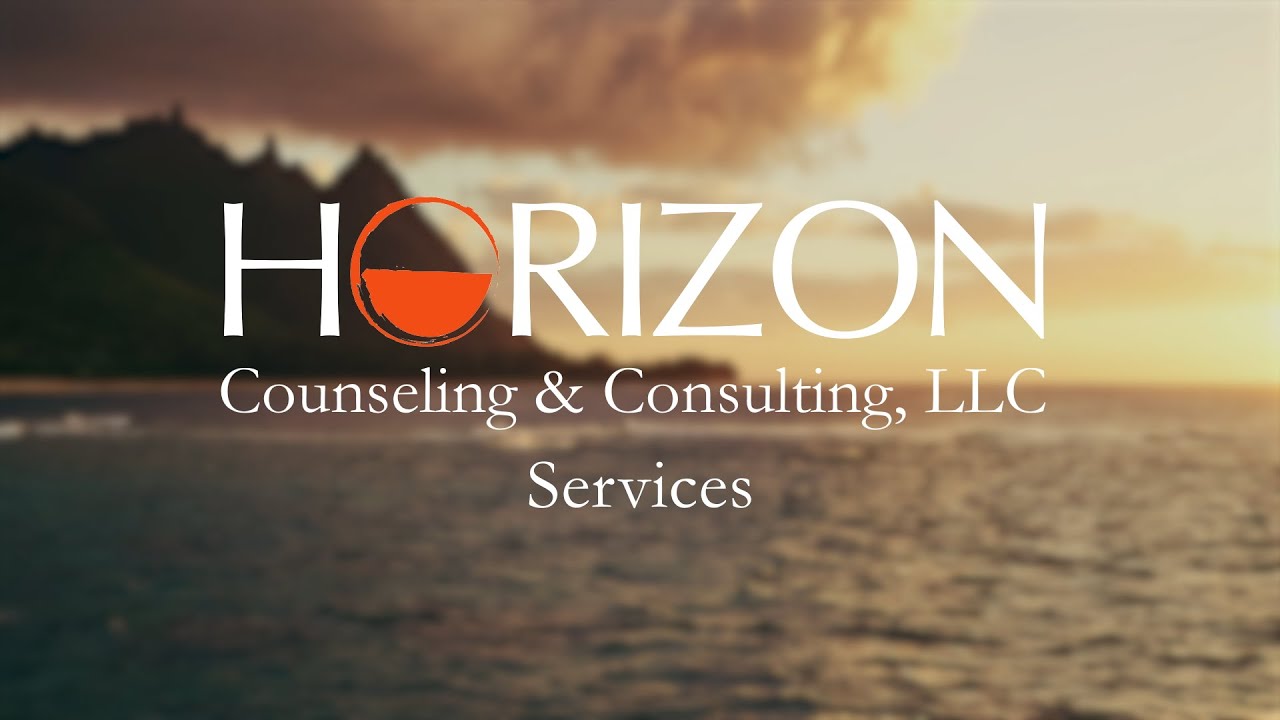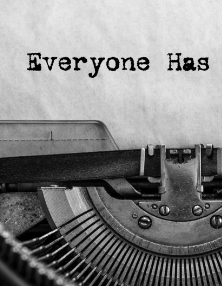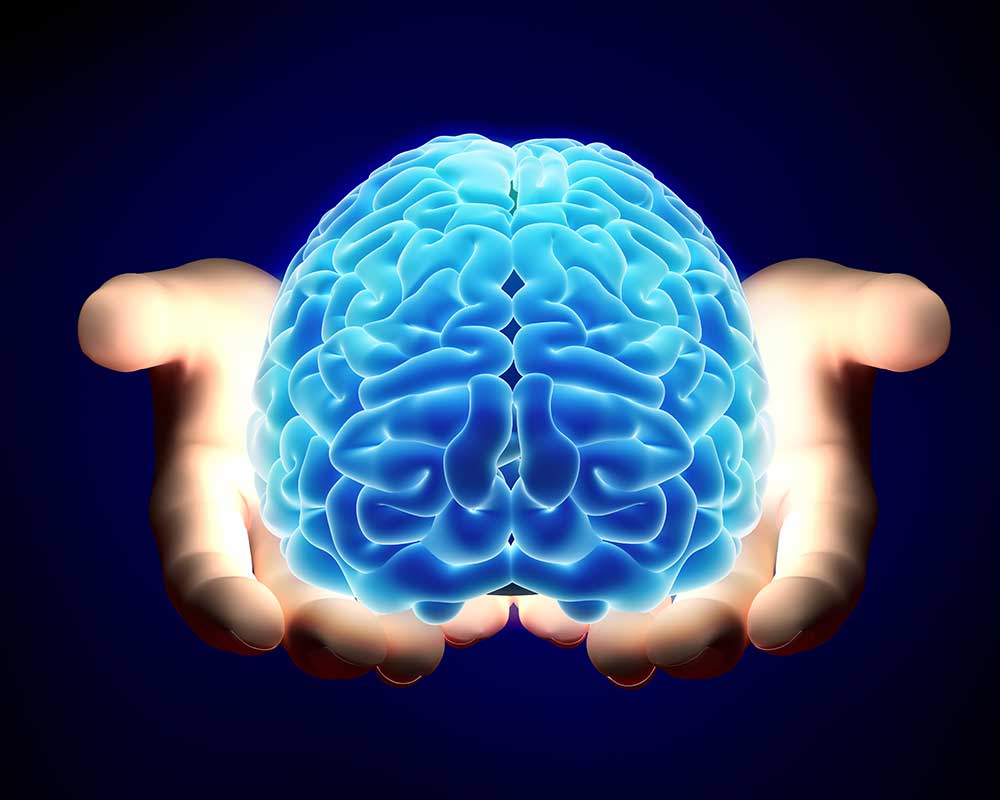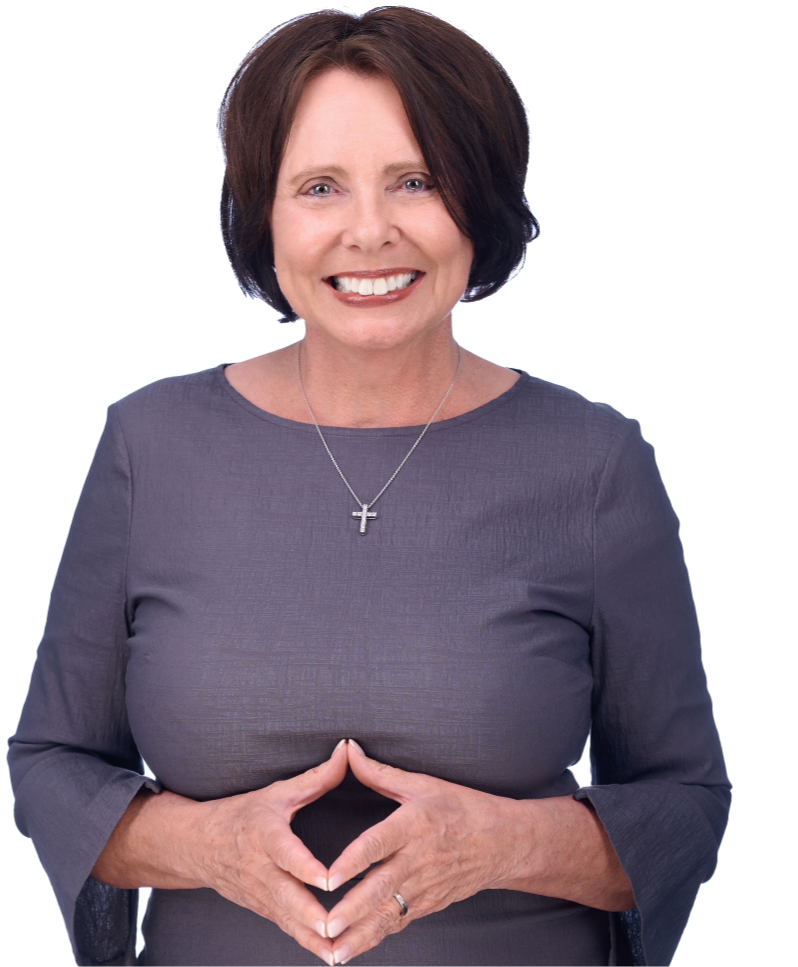How We Can Help
Do not avoid taking care of yourself. You are responsible for your mental, emotional, spiritual and physical well-being. Utilize your resources and seek treatment interventions that can help you to feel better and to effectively manage your life. Horizon Counseling assists people in working on a number of issues such as:
-
Abuse and Trauma Resolution
Half of all adults will experience abuse or trauma. When dealing with issues of abuse and/or trauma, appropriate education, support and therapy can help bring resolution and restore healthy functioning.
-
Anger Management
Anger is a normal and healthy emotion. When it is expressed appropriately, individuals are letting go of the stress and frustration that they are experiencing. However, when anger is expressed inappropriately, it can be a destructive force – both for the person experiencing it, and those subjected to it. It is not uncommon for people to deny that they have feelings of anger, or to simply be aware that they are angry, until it escalates to a rageful explosion. Through the counseling process, insights for understanding and skills for effective coping and management can be learned.
-
Anxiety
A certain amount of anxiety can be normal and even necessary in life. Normal anxiety keeps us busy, reminds us to pay our bills, and pushes us forward to succeed. But too much anxiety can be problematic, leading to physical symptoms, including chest pain, difficulty breathing, heart, palpitations, dizziness, with accompanying feelings of fear, worry, even panic. It is called a “disorder” when the problem persists for more than a month.
-
Chronic Illness/Pain
The goal for working with individuals presenting with a medical crisis, is not to affect a cure, but to optimize quality of life by teaching individuals and their families to cope with the emotional and psychological trauma which often accompany the medical crisis.
-
Codependency and Developing Healthy Boundaries
Psychologists defined codependency as an excessive and unhealthy compulsion to rescue and take care of and control people. Codependents are driven by people pleasing, at the risk of neglecting themselves. They live with the false belief that the bad feelings they have (e.g.Fear, anxiety, inadequacy) can be gotten rid of if they can “just do better” or if they can win the approval of certain important people in their life. It was working with the families of alcoholics and other chemically dependent people that first brought codependency to the attention of professionals.
-
Communication Training/Conflict Resolution
Whether in personal relationships, or with colleagues at work, effective communication enables a person to skillfully obtain the insight and knowledge they need for healthy and dynamic connections. How to assert yourself is the ability to express your feelings and ask for what you want. Conflict is unavoidable, but can be beneficial with positive outcomes when approached with godly attitudes, and learned methods for resolution.
-
Coping Skills/Stress Management
Often when a person enters therapy they are feeling overwhelmed by stressors in their life. The crisis presents an opportunity for cognitive-behavioral changes which are beneficial to the person’s overall ability to cope effectively. Counseling provides an opportunity to identify and accurately evaluate stressors and to learn key strategies for effective stress management for healthy living.
-
Developing and Maintaining Healthy Relationships
People are in need of healthy and satisfying relationships. Sometimes individuals find themselves in relationships that lead them to intense hurt, anger, guilt, and loneliness. Counseling can help you become more objective about your relationships and yourself so that you can experience growth and health in every aspect of your life.
-
Disordered Eating
Many people have unhealthy associations with food, and how they see their bodies. Some severe enough to be an eating disorder. No single cause for eating disorders exists. There is no simple answer for why one person develops an eating disorder and another does not. If you are a person who suffers from an eating disorder or someone you love does, the important issue is recovery – how to overcome the compulsion. Through the help of a knowledgeable and trained counselor, healing from the painful effects of dysfunctional behaviors is possible.
-
Divorce Recovery and Blended Families
Fifty percent of all first marriages, and seventy percent of all second marriages, end in divorce in the United States, leaving a wake of brokenness and painful affects on the family. Counseling can help with the emotional and spiritual aspects of divorce on the family. Grief and loss are at the core of many layers of complexities, to be understood and processed for recovery. Insight can begin to ensure past mistakes are not repeated. Factors are considered for creating healthy families.
-
Grief and Loss
Loss comes in a variety of forms: loss of health, loss of a job, death of a loved one, death of a relationship, loss of innocence, loss of a home, and the list goes on. Based on contemporary understandings of the nature of personal and interpersonal loss, and the ways people integrate loss and grief into their lives, a counselor can tend to the uniqueness of each griever’s experiences.
-
Life Transitions
Human development occurs over a life span. Whatever stage a person finds themselves in life, change and adapting to new situations or a need to create change, may require the help of a counselor.
-
Self-Care and Self Esteem
Developing self-esteem is an active process. Self-esteem is composed of such factors as self-worth, self confidence, and self-acceptance. Entering therapy in a safe, non-judgmental environment, where a person can speak freely about their thoughts and feelings, without being self conscious, how others will respond, or feeling the need to protect those close to you, is part of self-care. Counseling allows a person the space, and time to explore their uniqueness and worth.
-
Spiritual Formation & Direction
There is a hidden place inside a person, filled with limitless freedom, love, peace, and compassion in Christ. How can they discover it? By setting aside time and space to be attentive to God‘s presence, and to one’s experience of that presence. The counselor becomes a sacred companion as he/she journeys, to discover more of themselves, as they discover more of God.
How We Work
-
Narrative
-
Internal Reflection
-
Creative Expression
-
Faith and Spirituality
-
Somatic Therapy
-
Holistic Approach
-
Compassionate Based Cognitive Therapy
-
Psychodynamic Therapy
Testimonials
About Barbara Carlin
Barbara Carlin is Owner and Founder of Horizon Counseling & Consulting, LLC, located in Atlanta, Georgia. As a Licensed Professional Counselor and National Board Certified Counselor, she takes satisfaction in working with individuals, groups and conducting workshops. She often is invited to speak on a multitude of topics related to mental health and personal well-being.













